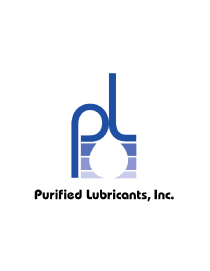The purpose of a lubricant is to reduce the amount of friction between two surfaces. In some cases, the base oil in the oil or grease may not have enough lubricity to perform this function sufficiently. The component metallurgy may also require special chemistry. For example, with worm gears, traditional extreme-pressure or anti-wear additives often are too chemically aggressive for the softer yellow metals. In this situation, friction modifiers are added to increase the oil’s lubricity.





